Credit Card Tips for Beginners: Credit cards are more than just a convenient payment method—they’re a vital tool for managing your finances and building a strong credit profile. However, for beginners, the world of credit cards can be overwhelming, with terms like APR, credit limits, and rewards programs to consider. Starting on the right foot is crucial to avoiding common pitfalls and making the most of your credit card.
To help you navigate this financial milestone, we’ve outlined 9 essential credit card tips for beginners in 2025. These tips will empower you to use credit cards responsibly, build your credit score, and unlock their many benefits with confidence.
Credit Card Tips for Beginners
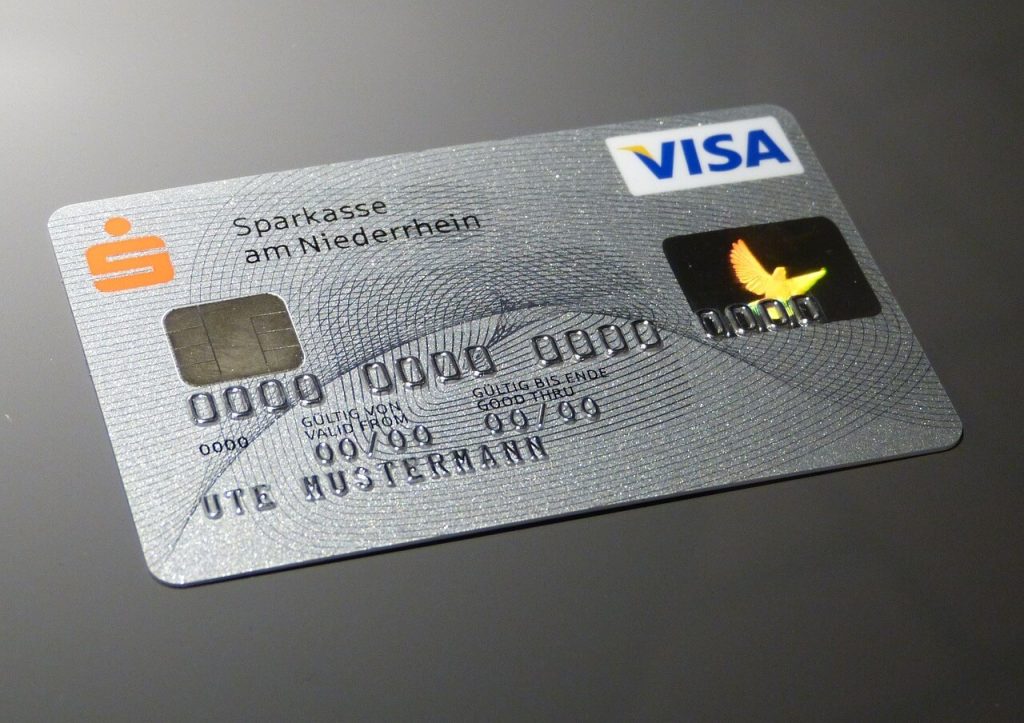
To help you make the most of your credit card experience while avoiding common pitfalls, We’re sharing with you a best Credit Card Tips for Beginners in 2025.
Understand Your Credit Card & Credit Score
Before applying for your first credit card, take the time to understand its mechanics. A credit card allows you to borrow money up to a set limit, which you must repay within a specific timeframe. If you don’t repay the full amount by the due date, you’ll incur interest charges.
Key terms to know:
- Annual Percentage Rate (APR): The interest rate charged on unpaid balances.
- Credit Limit: The maximum amount you can borrow.
- Minimum Payment: The smallest amount you must pay each month to avoid penalties.
By grasping these basics, you’ll avoid misunderstandings and better manage your finances.
Your credit score plays a important role in determining your eligibility for credit cards and the terms you receive.
Regularly monitor your credit score using reputable services and understand the factors that influence it, such as payment history, credit utilization, length of credit history, new credit inquiries, and credit mix.
Choose the Right Credit Card
With numerous credit card options available, it’s essential to select one that aligns with your financial needs and spending habits.
Selecting the right credit card is essential for beginners. Start by identifying your needs:
- Student Credit Cards: Ideal for college students with limited credit history.
- Secured Credit Cards: Require a security deposit and are perfect for building credit.
- Low-Interest Credit Cards: Great for managing balances if you expect to carry over payments.
Compare credit cards based on:
- Interest rates
- Annual fees
- Rewards programs
Make sure to read the fine print to understand all terms and conditions.
Budget Wisely
Treat your credit card as a tool to manage your finances, not as free money. Create a monthly budget outlining your income and expenses, including any planned credit card purchases.
Aim to pay your statement balance in full each month to avoid accruing interest and falling into debt.
Always Pay Your Balance in Full
One of the most critical Credit Card tips for beginners is to pay your balance in full every month. By doing so, you:
- Avoid paying interest charges
- Build a strong credit score
- Maintain financial discipline
Set up automatic payments to ensure you never miss a due date. Paying only the minimum can lead to debt accumulation and hurt your credit score over time.
Timely payments are vital for building a positive credit history and demonstrating responsible credit management.
Think of your credit card as a partner in progress, helping you build financial stability. It’s a tool for growth, not a shortcut to overspending.
Monitor Your Credit Card Usage
Your credit utilization ratio plays a significant role in determining your credit score. This ratio measures the percentage of your available credit that you’re using. Experts recommend keeping your credit utilization below 30%.
For example:
| Credit Limit | Amount Spent | Utilization Ratio |
| $1,000 | $300 | 30% |
By staying within this limit, you’ll demonstrate responsible credit behavior to lenders. Paying off your balance multiple times a month can help keep utilization in check, even if you use your card frequently.
Regularly Check Your Statements
Reviewing your credit card statements each month helps you:
- Spot unauthorized transactions
- Track spending patterns
- Ensure you’re within budget
Many credit card issuers offer mobile apps and alerts to make monitoring your account easier. Catching errors early can save you from potential financial loss.
Be Cautious with Rewards
While credit card rewards can be enticing, don’t let them lure you into overspending. Choose rewards that align with your lifestyle and spending habits, and be mindful of any associated terms and conditions, such as expiration dates or minimum redemption thresholds.
Maximize your rewards by using your card for regular expenses, but always prioritize staying within your budget.
Protect Your Credit Card Information
Remember, credit cards can be valuable financial tools when used wisely, so approach them with caution and discipline to reap their benefits while avoiding potential pitfalls.
Fraud prevention is crucial in today’s digital age. To safeguard your credit card:
- Use secure websites for online purchases (look for “https” in the URL).
- Avoid sharing your card details over the phone or email.
- Enable two-factor authentication for your account.
Additionally, report lost or stolen cards immediately to minimize liability.
Build Credit Gradually and Responsibly
Your first credit card is a stepping stone to establishing a strong credit history. Consistent, responsible use will help you qualify for better credit cards and loans in the future. Follow these steps:
- Make timely payments.
- Avoid applying for multiple cards at once.
- Check your credit report annually for errors.
By building credit gradually, you’ll position yourself for long-term financial success.
- 10 Hidden Credit Card Charges Draining Your Wallet & Tips to Avoid Them
- How to Get Free Credit Reports from All 3 Bureaus
- How to Manage Your Experian Credit Freeze
- Credit Card Mistakes for Beginners: Avoid Debt & Build Credit Score
- Experian App: Get Your Free Credit Report & FICO Score Today!
- Debit Card vs. Credit Card – Make the Right Choice Today!
- Why Did You Get a Low Limit?
Credit cards can be a game-changer for your financial journey, but they must be used wisely. By following these 9 essential credit card tips for beginners in 2025, you’ll avoid common pitfalls, build a good credit score, and achieve greater financial freedom. Remember, the key to success lies in discipline, awareness, and informed decision-making.
Start your credit journey today with confidence and make the most of the opportunities that responsible credit card use can provide.
How to Choose the Best Credit Card for Beginners in 2025

Credit cards are indispensable tools in today’s financial landscape, offering a blend of convenience, rewards, and the ability to build credit.
However, with so many options available, knowing how to choose the right credit card can feel overwhelming, especially in 2025 when financial products are more diverse than ever.
Check Your Spending Habits Before Choosing a Credit Card
The first step in selecting a credit card is understanding your spending patterns and lifestyle preferences. Ask yourself:
- Do you spend most of your money on groceries, dining, or travel?
- Are you planning to carry a balance or pay it off monthly?
- Do you need a card for building credit or maximizing rewards?
Let’s check one Example for Spending Habits:
| Spending Focus | Ideal Card Type | Key Features to Look For |
|---|---|---|
| Travel | Travel Rewards Card | Airline miles, no foreign transaction fees |
| Everyday Spending | Cashback Card | High cashback on groceries and gas |
| Building Credit | Secured or Student Card | Low fees, easy approval |
By identifying your habits, you can narrow your choices to cards that align with your priorities.
Compare Features to Choose the Right Credit Card
Once you know your priorities, compare key features:
- Rewards and Perks:
- Do you value cashback, travel points, or exclusive discounts?
- Annual Fees:
- High-annual-fee cards often offer superior benefits but might not suit all users.
- Interest Rates:
- If you plan to carry a balance, focus on cards with low APR.
| Card Feature | Card A | Card B |
|---|---|---|
| Annual Fee | $95 | $0 |
| Rewards Rate | 2x points on travel | 1.5% cashback on all purchases |
| APR | 16%-24% | 14%-22% |
A side-by-side comparison helps you make an informed decision.
Considering Credit Score
For beginners with limited or no credit history, choosing a credit card that accommodates individuals with fair or average credit scores is crucial.
These cards often come with simpler terms and lower approval requirements, facilitating the establishment of credit history and positive payment habits.
The Importance of Interest Rates and Fees
Paying close attention to the fee structure associated with each credit card is essential. Beginners should opt for cards with minimal fees, including annual fees, late payment fees, and foreign transaction fees.
Interest rates and fees can significantly impact the value of a credit card. Keep these in mind:
- Annual Percentage Rate (APR): The APR determines how much interest you’ll pay on outstanding balances. Opt for a card with a low APR if you expect to carry a balance.
- Annual Fees: While some cards waive fees for the first year, calculate whether the rewards and perks outweigh the cost.
- Foreign Transaction Fees: If you travel internationally, look for cards with no foreign transaction fees.
Choosing a card with no annual fee can help minimize costs during the initial stages of credit card ownership.
Credit Card Rewards and Benefits
Those interested in maximizing rewards should carefully examine the reward structure of each credit card. Whether aiming for cashback incentives, travel rewards, or points-based systems, understanding the potential benefits and redemption options is key.
Additionally, consider supplementary benefits such as purchase protection and travel insurance.
Checking for Introductory Offers
Many credit cards offer introductory promotions, such as 0% APR on purchases or balance transfers for a limited period.
While these offers can be enticing, it’s crucial to read the terms and conditions carefully. Understanding the duration of the introductory period and subsequent APR rates is essential for informed decision-making.
Seeking Reviews and Recommendations
Before finalizing a decision, consulting reviews from current cardholders and seeking recommendations from reputable sources can provide valuable insights. Evaluating factors such as customer service quality, ease of use, and overall satisfaction can help inform the selection process.
Choosing the right credit card in 2025 doesn’t have to be complicated. By assessing your spending habits, understanding card types, and comparing features, you’ll find a card that aligns with your needs and goals. Remember, the key is to use your credit card as a tool for financial growth, not a source of unnecessary debt.
Key Takeaways
- Credit cards can be overwhelming for beginners, but this guide provides essential tips to use them safely and wisely.
- Understanding credit cards is crucial, especially with the variety of options available in 2025.
- Whether you’re getting your first card or looking to improve your habits, this guide offers valuable insights.
- Learn about credit scores, choosing the right card, budgeting, responsible spending, and monitoring statements.
- By mastering these basics, beginners can use credit cards effectively to reach their financial goals.
At TheCardPedia.com, we’re your trusted guide to mastering credit cards. Explore expert insights, trends, and tips to make savvy financial choices. Start your journey to financial empowerment now!


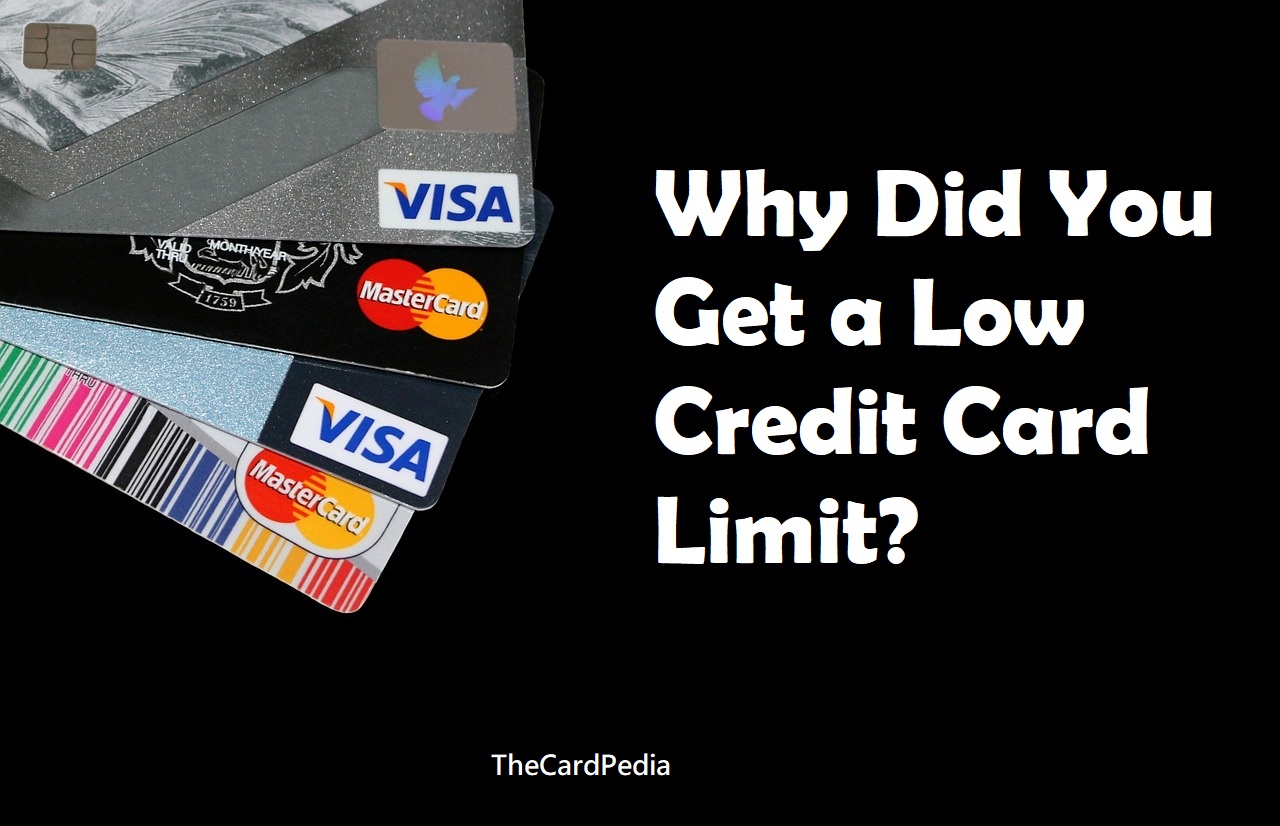
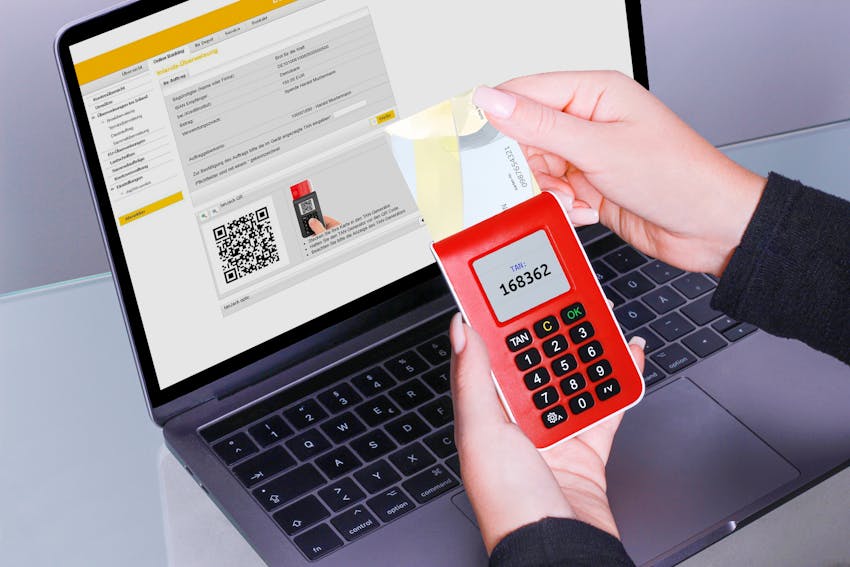



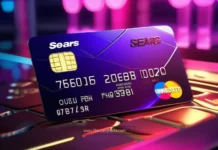




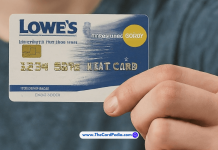


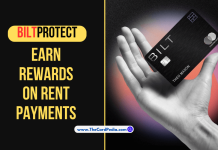


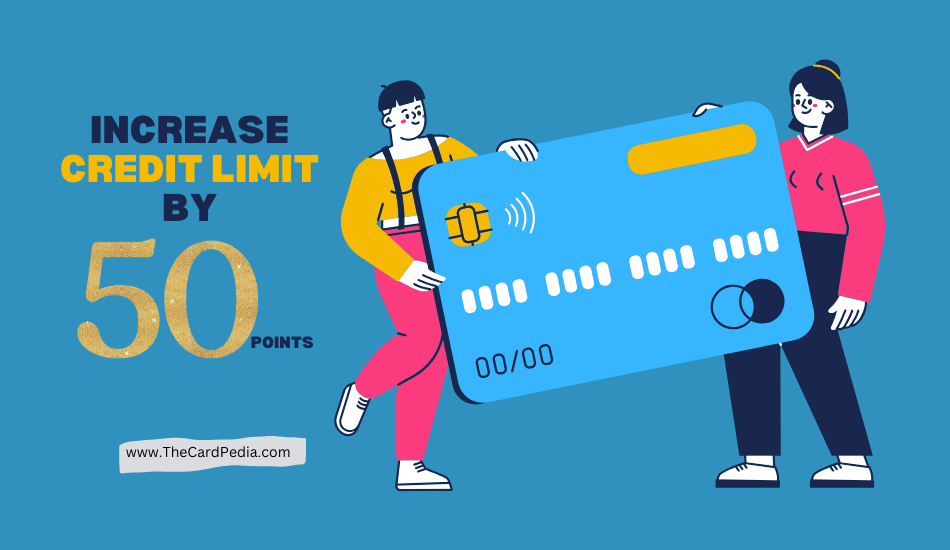








[…] 9 Essential Credit Card Tips for Beginners in 2025 […]